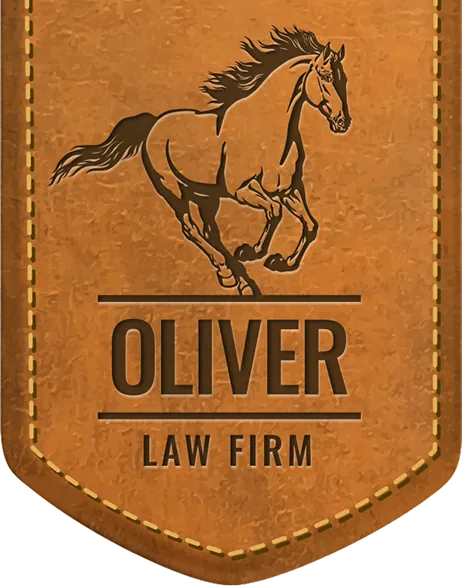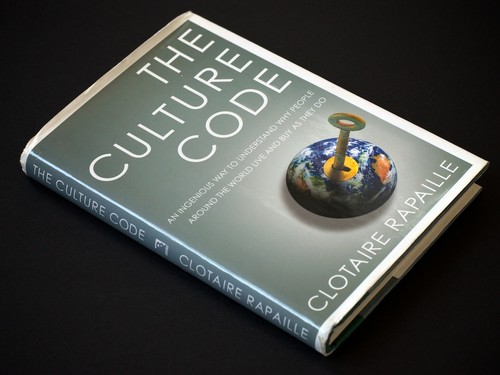The Book:
As a trial lawyer, I have heard so many talks about being “on-code” or “off-code” that I felt like I had already read this book. We are constantly working with our clients, whether they’re from Northwest Arkansas or the other side of the country, and helping develop their case based on how a jury will eventually perceive it. Knowing the “codes” of different events and items helps this tremendously. However, seeing the methodology that went into developing these “codes” was very enlightening.
Jeanette has already done a very good report on this book, so I won’t go back through the details that she covered. I also don’t have her life experiences of transferring to different cultures, so I can’t comment on that. But, I did have a few observations about The Culture Code that I thought were worthy of this review.
Rapaille is an American who grew up in France. Often throughout the book he talks about his French heritage and the difference between the French culture and the American culture. I’m not sure if his French background led him to a skewed attitude towards American culture, or if my patriotic American background has me skewed against criticisms of our culture, but there were a few points he made that I disagree with. I think it’s important to note that what I disagree with is his analysis of why some things are the American culture code, not whether the code is correct.
For example, he says that America has an “adolescent” culture. He uses American attitudes about sex, love, money, and food to all support this contention. He says that Americans always go against authority and see thing as focused on themselves instead of society as a whole. I agree with his contention, but disagree that this makes us “adolescent.” America is the only nation in history with a true Constitutional Republic like we have with all of the individual freedoms that we have. There is a reason that we would be focused on the individual over society as a whole. I think that is a better explanation for these views than adolescence.
The biggest positive takeaway from this book that I’ll have is that people don’t say what they really mean. It’s not that they’re “lying” it’s just that they don’t know their true motivations for things a lot of the time. Thinking about this has made me more introspective about some of my own beliefs. Why do I believe the way I do politically or socially? Being able to find the root of our opinions or beliefs can help us better understand ourselves so we can better understand those around us.
Application:
This book applies directly to being a trial lawyer that goes in front of juries. We have to be able to communicate with people’s core values without the benefit of years of knowing the people of even the hours of emotional breaking down that Rapaille was able to do with those he studied to get these culture codes. For example, if we remember that the code for doctor is “hero,” the code for nurse is “mother,” and the code for hospital is “processing factory,” it is easy to see which defendants the jury will feel sorry for and which they won’t. Good people caught up in a system that does not allow them to successfully treat patients. We must keep these culture codes in mind throughout the entirety of our clients’ cases so that we can be the best messengers possible.
Conclusion:
The Culture Code by Clotaire Rapaille is a solid read that I would suggest for anyone who is interested in becoming a better communicator. The whole reason that Rapaille undertook this task of determining the culture codes was so that companies could communicate with their consumers better. This same principle can be applied across professional boundaries. While I may disagree with the reason that our culture holds certain things in more importance than other cultures do, I can’t deny the fact that the end-result culture codes seem spot on.
a Free Consultation




